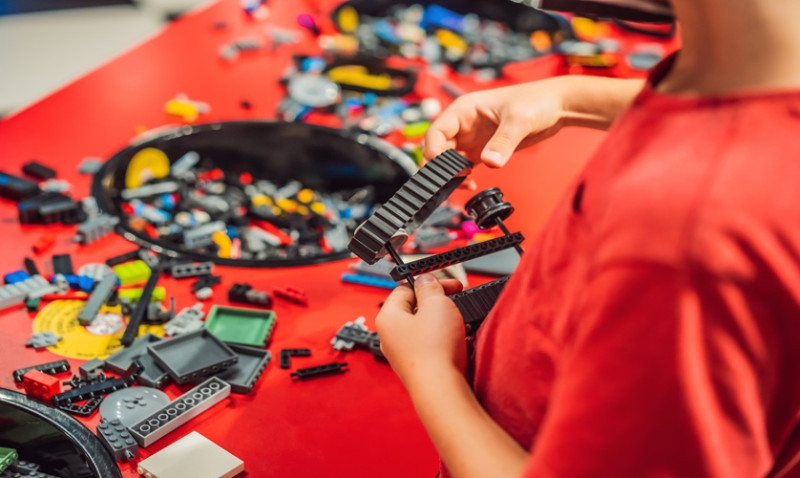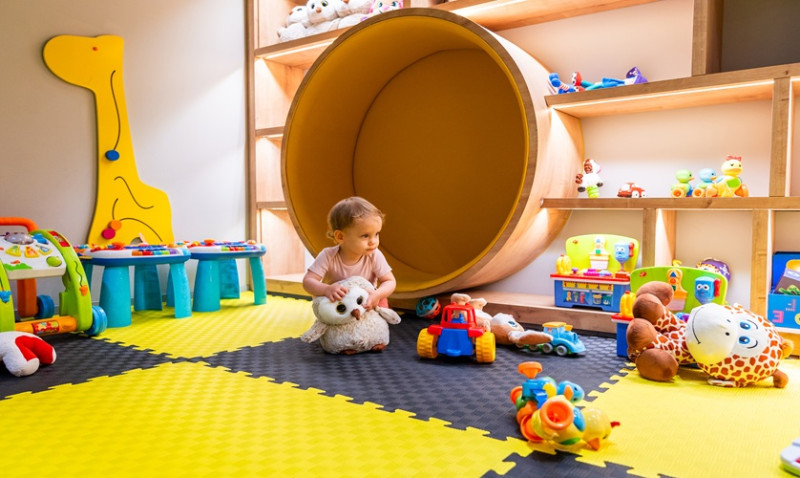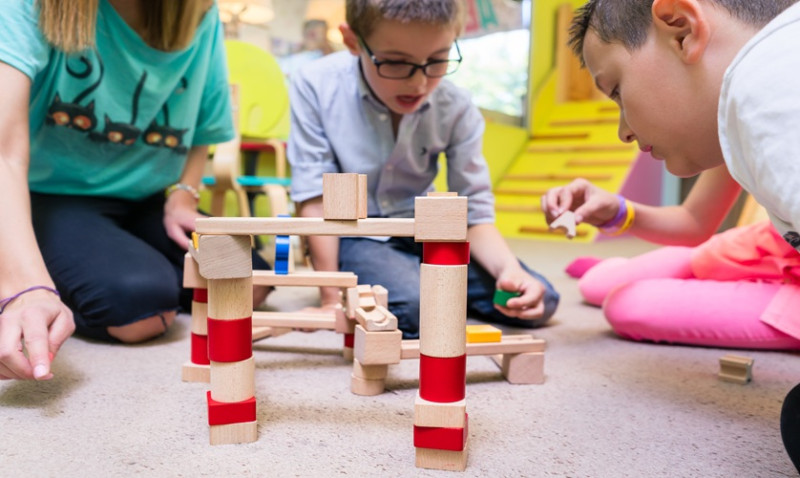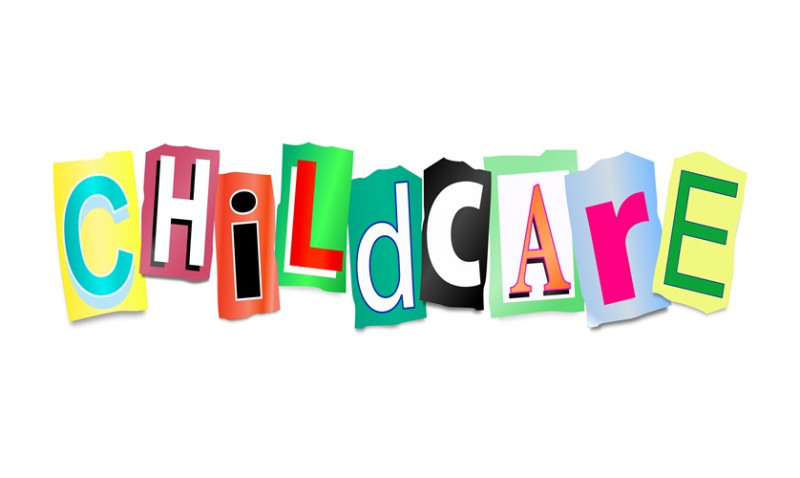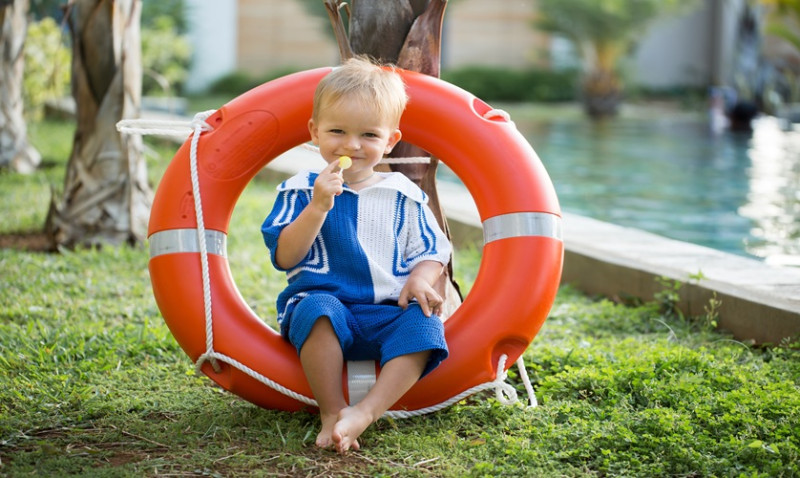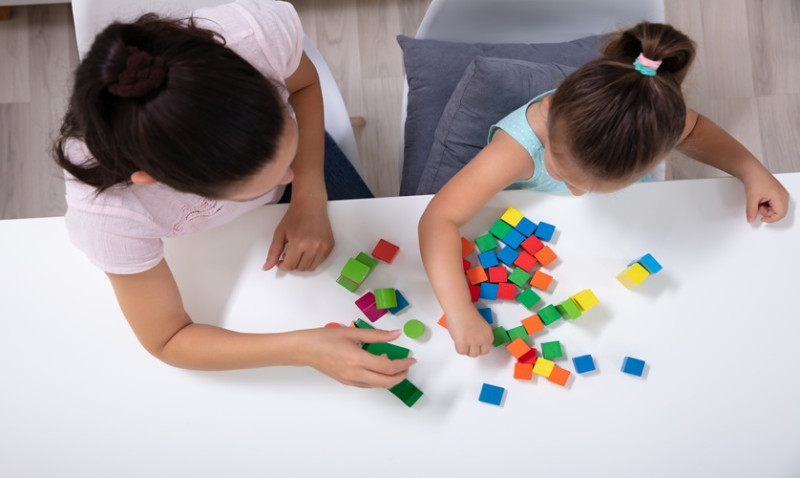
Building a nurturing and respectful environment is the cornerstone of successful early childhood education. At our daycare, we believe in the power of positive discipline—a method that blends kindness with consistency to help toddlers and preschoolers develop important life skills. Unlike punitive approaches to behavior, positive discipline focuses on understanding, guidance, and long-term emotional wellbeing, creating strong foundations for future growth.
For parents and caregivers, especially in areas like the UK where early childhood development standards are high, understanding the strategies behind positive discipline can not only ease tantrums and stress but also promote a healthier, happier child.
What Is Positive Discipline?
Positive discipline is a philosophy based on mutual respect. It encourages children to understand the consequences of their actions rather than fearing punishment. This technique is grounded in developmentally appropriate practices and uses empathy and constructive guidance to foster problem-solving, emotional regulation, and cooperation.
In practical terms, it means that when a child is acting out, the approach isn't to shout or isolate, but rather to step into their world, understand why they're struggling, and guide them to a better behavior. This doesn’t mean allowing undesirable behavior but teaching children how to manage themselves and their emotions through patience and encouragement.
One of the most essential elements of this approach is consistency. Children thrive when they understand expectations and boundaries. Creating predictable routines and clear, respectful communication fosters trust between child and caregiver and reinforces positive behavior patterns.
For toddlers and preschoolers, whose brains are still developing, repetition, patience, and a calm, steady approach are far more effective than fear-based tactics. Positive discipline also emphasizes teaching problem-solving skills, allowing children ownership over their choices and the ability to learn from them.
Strategies We Use in Our Daycare Setting
Implementing positive discipline effectively takes commitment and a clear framework. In our UK-based daycare, we’ve adopted several key strategies that align with early years curriculum guidance and child development research. These include:
- Redirection: If a child is engaging in unsafe or unwanted behavior, we gently redirect them to a more appropriate activity. This helps them understand limits without negative reinforcement.
- Choices: Offering limited, age-appropriate choices empowers children and fosters cooperative behavior. For example, "Would you like to play with blocks or do a puzzle?" gives them control within safe boundaries.
- Calm Down Areas: Rather than using “time-outs,” we create cozy, quiet spaces where children can retreat to regulate their emotions. These are not punitive but restorative—a place to reconnect with themselves.
- Modeling Behavior: Children mirror adults, so we demonstrate the behaviors we want them to adopt. This includes using polite language, expressing emotions appropriately, and practicing patience.
- Positive Reinforcement: Acknowledging good behavior reinforces a child’s confidence in making good choices. We use descriptive praise to let them know what they did right and why it’s appreciated.
All our staff are trained in these methods, ensuring consistency and alignment with the UK’s Early Years Foundation Stage (EYFS). We also frequently update our training in line with Ofsted recommendations and evolving child psychology research.
Tackling Tantrums with Compassion
For toddlers and preschoolers, emotional outbursts are common as they navigate the landscape of independence and limits. At our daycare, tantrums are not seen as ‘bad behavior’ but as opportunities to teach emotional literacy. When a child is overwhelmed, we connect before we correct.
We start by validating their feelings. Statements like “You’re really upset right now, and that’s okay” help children feel seen and heard, which in turn helps them calm down more quickly. Once calm, we walk through what happened and discuss better choices they can make next time.
This shift to understanding and guiding rather than scolding and isolating helps children over time to build emotional self-regulation skills. They slowly begin to recognize their feelings, articulate needs, and seek healthy coping mechanisms. This builds resilience—a key predictor of success in school and life.
Building Strong Relationships Through Respect
Respect is at the heart of positive discipline. We treat children as capable individuals with valid emotions and thoughts. Even when we're setting limits, we do so respectfully, with a tone and demeanor that communicates we are their allies, not adversaries.
By modeling respectful communication, we help children develop empathy and learn how to interact positively with peers. For example, instead of forcing a child to say "sorry" when they’ve hurt a friend, we guide them to understand how their actions affected the other person and explore how to make amends sincerely.
This emphasis on mutual respect builds trust between caregivers and children. When a child feels secure and understood, they are more likely to listen, engage, and grow with confidence.
Benefits of Positive Discipline for UK Families
Using positive discipline benefits more than just the children's behavior in a daycare setting; it supports their development at home and prepares them for school life. For UK families, especially in metropolitan areas like London, Birmingham, or Manchester, where education standards are high and competitive, these techniques foster school readiness skills such as self-regulation, problem-solving, and cooperation.
Children raised with positive discipline often display fewer behavioral problems, improved academic performance, and better mental health. Their confidence and empathy enable them to build healthier relationships with peers and adults.
Parents in the UK have expressed appreciation for the transferable strategies they learn through open communication with our daycare staff. Having a consistent approach across environments—home and daycare—maximises the impact and reduces confusion for the child.
Partnering with Parents and Caregivers
Positive discipline works best when there is a partnership between daycare professionals and families. At our daycare, communication with parents is ongoing and collaborative. We offer regular progress updates, parenting workshops, and access to resources that empower families to continue these strategies at home.
We encourage parents to share their concerns or successes so we can align our methods and ensure consistency. For example, if a child struggles with transitions at home, we might introduce more visual cues and countdowns during the day to support them holistically.
This partnership builds a strong support system for the child and fosters a community of care, where every adult in the child's life plays a role in guiding them toward positive development.
Let’s Raise Confident, Compassionate Kids Together
Positive discipline is not about having perfectly behaved children—it’s about nurturing emotionally intelligent, respectful, and resilient young people who feel understood and empowered. In our daycare, we've seen firsthand how consistent, respectful guidance fosters a thriving, joyful learning environment for toddlers and preschoolers.
Whether you're a parent, a caregiver, or an early years professional in the UK, embracing these strategies can transform your approach to childcare. Together, we can raise children who aren’t just well-behaved in the moment, but prepared for a lifetime of positive relationships, self-awareness, and capability.
